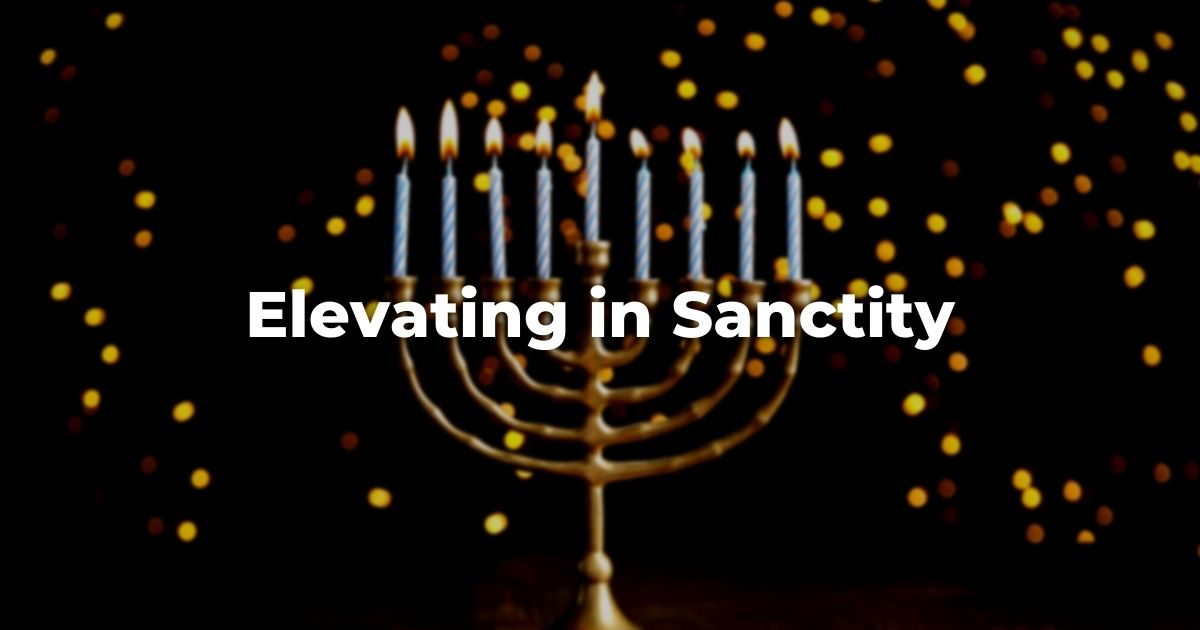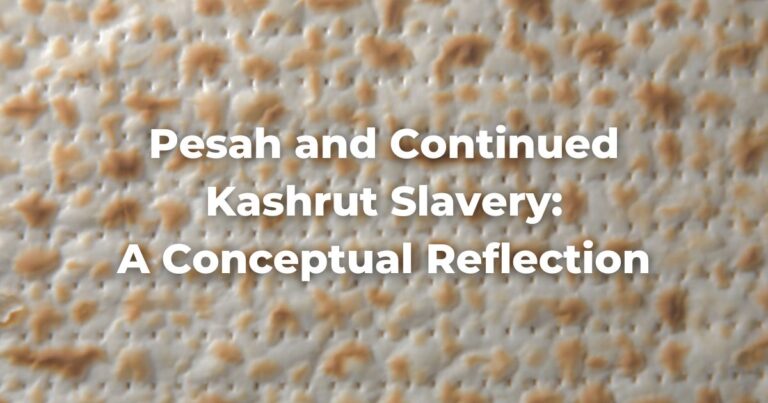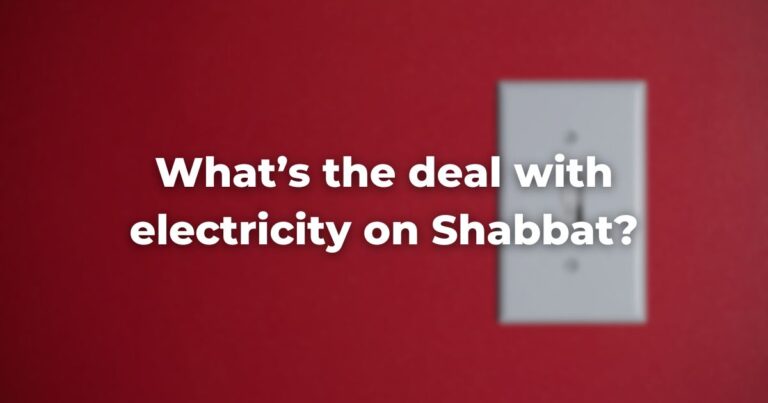Beit Shammai says: On the first day, one kindles eight lights, and from then on, gradually decreases [one by one].
Beit Hillel says: On the first day, one kindles one light, and from then on, gradually increases [one by one].
TalmudReferring to one of two collections, the Jerusalem and Babylonian Talmuds, edited in the 6th century, that contains hundreds of years of commentary, discussion, and exploration of the ideas in the Mishnah. One could describe it as Mishnah + Gemara = Talmud Read more Bavli Shabbat 21b
Elevating in Sanctity, Through Lighting Candles
We are living in Beit Hillel’s world. On the first night of Hanukah, we dust off our hanukiot and insert one candle to celebrate the beginning of the holiday. On night two, we insert and light two new candles, and so on and so forth.
(See more: How to light the Hanukah Candles)
The GemaraThe discussion portions of the Talmud based on the quoted Mishnah. Read more cannot decide whether Rabbi Yosei bar Avin or Rabbi Yosei bar Zevida taught that Shammai’s reasoning was according to the Sukkot sacrifices; when the Holy Temple stood, the priests would sacrifice thirteen bulls on the first day and one fewer each day after that.
Hanukah was, after all, the Maccabees’ substitute celebration for Sukkot, after they were unable to celebrate during the Greek occupation of the Temple.
I’m more interested in Beit Hillel’s reading.
According to one of the Rabbis Yosei, Beit Hillel reasoned that we must always elevate in sanctity; we must not lower. Accordingly, we increase in light on each night of Hanukah.
At the darkest part of our year, Hanukah reminds us to keep pursuing the light, to keep increasing our attempts at everyday holiness. Those little candles serve as reminders to us to dive even deeper into mitzvot from one day to the next—increasing our donations to the causes we support, expanding our practices of kashrut and prayer, and learning more about our Jewish tradition.
As a Jewish community, those little candles remind us of how, gradually, we must never settle for as is; instead, we must constantly rethink how to be more inclusive, more inspiring, more righteous in what we offer. As bleak as this time of year or this time in world history may look, Hanukah pushes us towards our obligation to embrace hope, especially in times like these.
Each day of Hanukah, we clear out yesterday’s candles and begin anew.
Even if we were not able to be our brightest selves yesterday, we have a new chance to pursue greater holiness today. While we may not be perfect in our attempts at sacred living, in Beit Hillel’s world, complacency is not an option.
This Hanukah, may we embrace the challenge to improve our Jewish practice and our righteousness each and every day. Through this, we can elevate our sanctity.
May we look to the light for the strength to know that increasing hope, and even increasing effort towards the good, are ideas that our Jewish people have held for thousands of years.
Author
-

Rabbi Sydni is originally from Agoura Hills, California. Previously, she served as the Rabbi of Agudath Achim in Shreveport, Louisiana. She has also served as a spiritual leader and teacher at Jewish organizations such as Ohr Shalom Synagogue (San Diego, California), IKAR (Los Angeles), and B’nai B’rith Camp (Neotsu, Oregon). Rabbi Sydni especially enjoys teaching, learning, reading, writing, and chatting about Jewish approaches to self-care, the status of women in Jewish law, and Biblical notions of love of God. When she is not at Congregation Beth TorahRefers to the first five books of the Hebrew Bible, the Tanakh, also called the Five Books of Moses, Pentateuch or the Hebrew equivalent, Humash. This is also called the Written Torah. The term may also refer to teachings that expound on Jewish tradition. Read more, you may find her practicing yoga, playing piano, or enjoying the season's produce. You may also find her spending time with her husband and best friend, Rabbi Feivel, their son Shalom Zimri, and their dogs Buddy and Marbles.
View all posts




